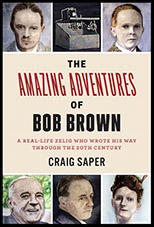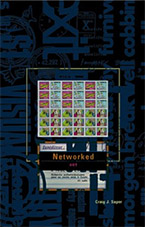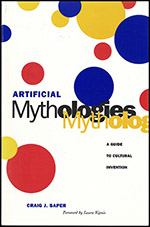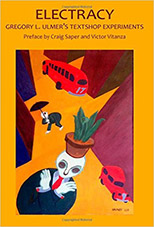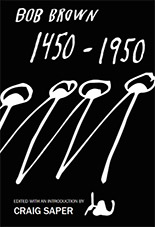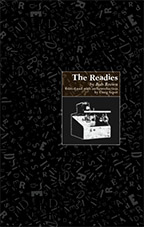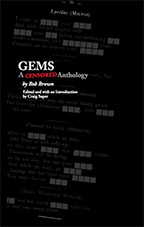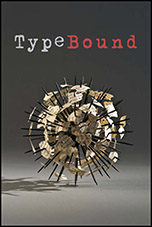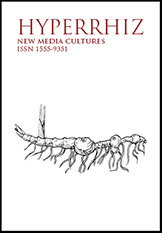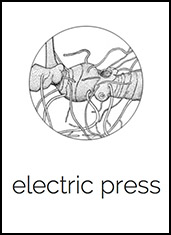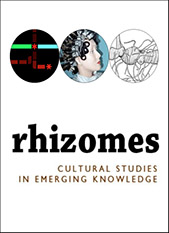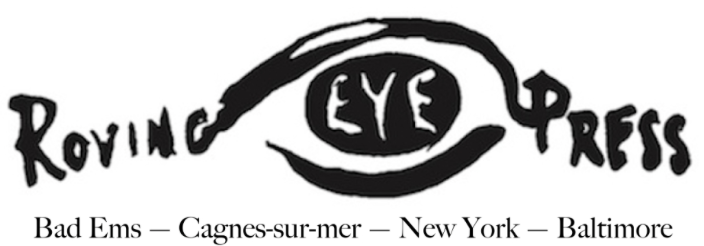
Craig Saper (csaper@umbc.edu) is Professor and Director of the Language, Literacy, and Culture Doctoral Program at UMBC in Baltimore, Maryland, US. He also serves as the LLC Program’s Graduate Program Director. He is the author of The Amazing Adventures of Bob Brown (2016), Intimate Bureaucracies (2012), Networked Art (2001), Artificial Mythologies (1997). He has also edited or co-edited scholarly volumes including Electracy: Gregory L. Ulmer Textshop Experiments (2015), a special issue of the scholarly journal Hyperrhiz on mapping culture (2015), special issues of Rhizomes on Posthumography (2010), Imaging Place (2009), and Drifts (2007), and many other volumes since 1990. He edited with introductions new editions of Bob Brown’s works: 1450-1950 (2015) Words (2014), Readies (2014), Gems (2014). He is also seeking to publish a simulation of Brown’s readies machine which can be found at http://www.readies.org. He has published widely on Fluxus and visual poetry and serves as the Reviews Editor for HyperRhiz and Rhizomes and previously “Blog Report” columnist for Rhizomes.
Craig’s curatorial projects include exhibits on “Assemblings” (1997), “Noigandres: Concrete Poetry in Brazil” (1988) and “TypeBound” (2008), and folkvine.org (2003-6). In addition, he has published two other artists’s books On Being Read (1985) and Raw Material (2008).
As part of a Dresher Center for the Humanities Fellowship, Craig worked on developing a script based on his book Amazing Adventures. In the spring of 2015 Craig concluded his three-year term chair, Bearman Family Chair, and his 3-year term as Director of LLC. He is a co-PI on a ~million dollar equipment grant (that was awarded partial funding in July 2015 by NSF with other matching funds) and he is a team-member on another equipment grant for over a million dollar that was also funded. Finally, after four years of preparation and research, Craig is co-founding a scholarly publishing enterprise, and the group plans to implement innovations, widely examined in the humanities, in the production of electronic scholarship, the peer-review processes, and in the social reading practices available with these e-books. That new press is called Electric Press.
If you want to learn more about Professor Saper’s current research, then this podcast is an excellent place to start.
https://soundcloud.com/user-97660936/the-revolutionary-reading-machine
Please download Dr. Saper’s CV to obtain more information about his scholarly work.
Quick Links
